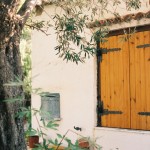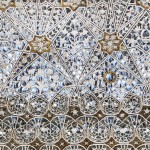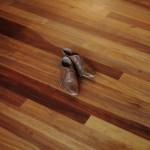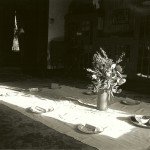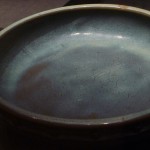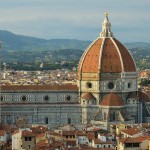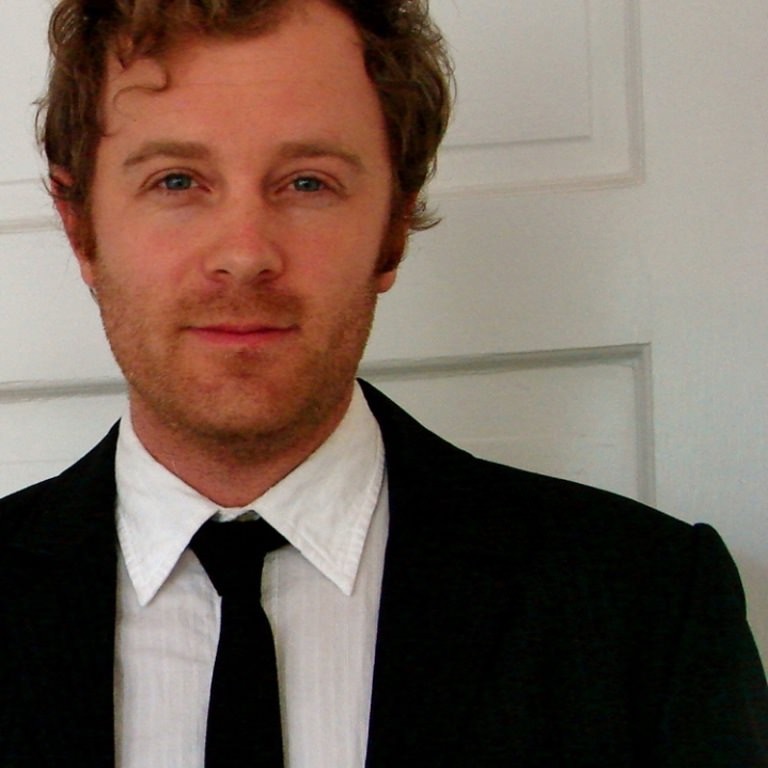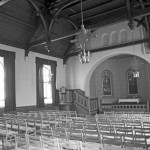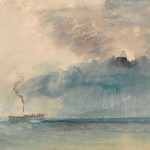The prose poem is a challenging genre. After all, what distinguishes “plain prose” from “prose poetry”? Here, in Judith Ortiz Cofer’s “The Aging Maria,” I’d say it’s, first, the liberty with sentence structure. Take the opening sentence: in a prose work we’d say it’s too long, stretches in too many directions. But here, each phrase moves us further into the image and context of this garden statue of Mary: she forbears the elements, the tropical hurricanes; she has held her... Read more

